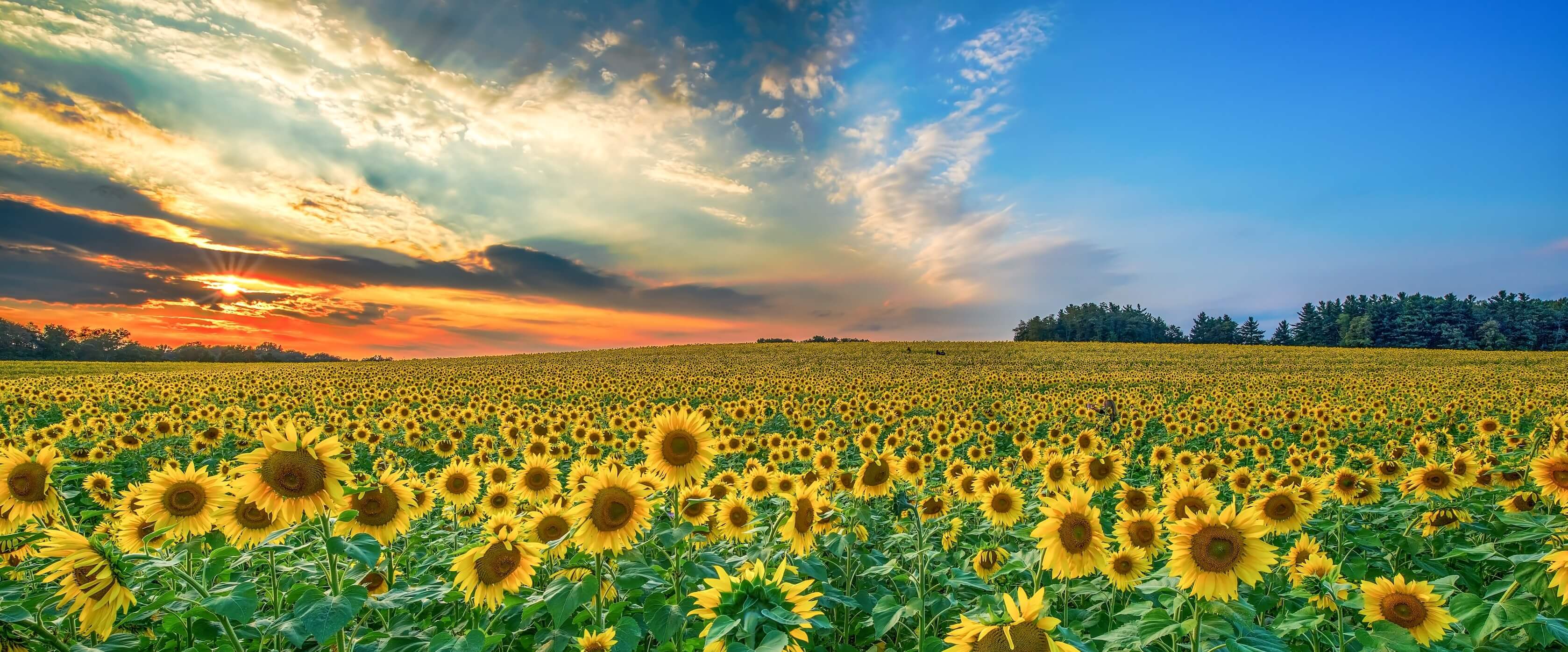The Corona Virus pandemic is currently the global issue. Countries close their borders, citizens stay in quarantine. It is surprising that, despite all these circumstances, the Corona crisis leads to greater sustainability worldwide.
The world is frozen.
No people and no traffic in the streets. Almost all shops have closed, only the supermarkets and drugstores provide us with essential products. Life takes place inside now, where there is no risk of being infected by passers-by or infecting others.
Nobody has ever experienced such a pandemic. And nobody was prepared for the virus and its devastating consequences, so research has just started. It is therefore not surprising that the spread of the virus must be curbed as much as possible. How long the quarantine lasts and what comes after it is still unclear.
Social consequences from COVID-19
The coronavirus pandemic has various effects on the economy. Experts call it the “greatest economic shock of the 21st century”. Car manufacturers stop their production, large corporations such as Ikea and Flixbus are paralyzed and electricity consumption is also falling and leaving energy suppliers completely behind.
There are also devastating consequences for the individual. There are people who cannot easily switch to home office. Those who work in catering or retail trade for example, do not have the option of securing their income. If these people are not getting paid by their employers, their livelihoods could be threatened. On the other hand, workers whose jobs such as cashiers, doctors, nurses or police officers are still required, are exposed to a high risk of infection. Work and not work is a concern for everyone.
Does Corona lead to sustainability?
Despite all the consequences of the pandemic, contrary to all expectations, there are surprisingly positive effects on the environment. For now that individuals have barricaded themselves in their homes, untouched nature is returning.
The environment is booming again.
Crystal-clear water in Venice and dolphins on the shore – this happens when mass tourism is interrupted by the lockdown. The air is also less polluted because boat traffic is also paralyzed and there are no emissions in the atmosphere. Especially in China and northern Italy, the air pollutant nitrogen dioxide is decreasing.
Even in New York, the city sleeps for once. There alone, carbon monoxide emissions have been reduced by half compared to the previous year, according to researchers at the BBC. Greenhouse gas emissions have also decreased. Scientists even suspect that if CO2 emissions peak due to leaf decomposition by May, it may be the lowest since the 2008 financial crisis.
The wildlife does not seem to bother the pandemic in the slightest. The dolphins in Venice are just the beginning. Animals are no longer being affected by the hectic everyday life of humans.
What happens after the pandemic?
As beautiful as the lasting effects are, the pandemic will end at some point and everyday life will return. The environment may have recovered a little during this time, but as soon as everyday life returns, it will be back at the beginning of its climate crisis. One could argue that in the long run, the impact of corona on sustainability may not be positive at all. This is because environmental laws enacted before corona are now threatened be revoked in a state of crisis.
We should all learn!
Sustainability is not a temporary phase of life, it is a lifestyle to be practiced for the sake of humans and the environment. The following months in quarantine should give us enough time to think about how each of us can keep on living sustainable after the corona virus pandemic.
Similar blog articles:
